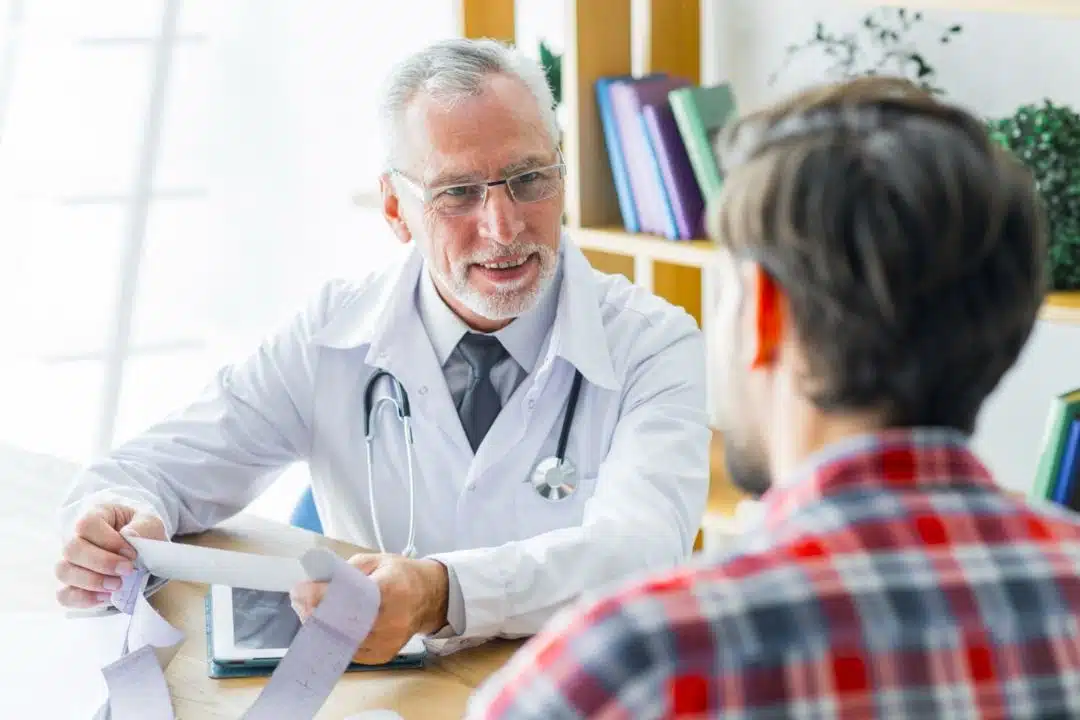Would you rather detect a small problem early or face a bigger challenge? When it comes to cancer, the answer could be life-saving. Cancer prevention and early detection are crucial in catching the disease in its early, more treatable stages. Yet many people delay or avoid regular cancer screenings due to fear, misinformation, or a lack of understanding about the process.
This blog post will help you understand the importance of early detection, explore the different types of cancer screenings available, and address common fears. By the end, you’ll know to take control of your health and encourage others to do the same.
Understanding Cancer Screenings
Cancer screenings are medical tests performed to detect cancer before symptoms appear. These screenings are crucial because cancer often grows quietly in its early stages, causing little to no discomfort.
Types of Cancer Screenings
Different screenings are recommended depending on age, gender, family history, and risk factors. Here are some of the most common screenings:
- Mammograms – Detect breast cancer in its earliest stages. Recommended annually or biennially for women aged 40 and above.
- Pap Smear and HPV Tests – Detect cervical cancer and HPV infections. Recommended every 3-5 years for women aged 21-65.
- Colonoscopy – This procedure examines the large intestine and Screens for colorectal cancer. It is recommended every 10 years starting at age 45 or earlier if at higher risk.
- Low-Dose CT Scan – Used for lung cancer screenings, especially for heavy smokers or those aged 50-80 with a smoking history.
- Prostate-Specific Antigen (PSA) Test – This test measures PSA levels in men to screen for prostate cancer. It is typically recommended for men aged 50 and above.
- Skin Checks – These are done by dermatologists or self-exams to detect signs of skin cancer, such as unusual moles or growths.
Screenings may vary for individuals with a family history of cancer or other risk factors, so consulting your doctor is key.
Benefits of Early Detection
The statistics surrounding early detection and treatment outcomes speak volumes:
- Improved Survival Rates: According to the American Cancer Society, breast cancer detected early (Stage 0 or 1) has a 99% five-year survival rate, compared to 27% when found at the metastatic stage.
- Less Aggressive Treatment: Early-stage cancer often allows for treatment options like surgery or localized therapy rather than systemic treatments such as chemotherapy or radiation.
- Lower Healthcare Costs: Diagnosing and treating cancer early is less expensive than managing advanced cancer, which often requires prolonged and intensive care.
Early detection saves lives and improves the overall quality of life during and after treatment.
Addressing Common Fears About Cancer Screenings
Despite the importance of screenings, many people hesitate due to fear or misconceptions. Let’s address some common concerns:
What if the test finds something bad?
It’s natural to feel anxious, but remember this: early detection dramatically increases your chances of fully recovering. Catching cancer early means you’re fighting it when it’s most treatable, not after it’s had time to spread.
Aren’t cancer screenings painful or uncomfortable?
While some screenings may involve mild discomfort, like the pressure of a mammogram or the preparation for a colonoscopy, the benefits far outweigh these temporary sensations. Think of it as investing a moment of discomfort for a lifetime of better health.
Screenings are too expensive.
Many health insurance plans cover preventive screenings at no additional cost. Numerous community health programs also provide free or low-cost options to make screenings affordable and accessible.
I feel fine. Do I even need a screening?
Early-stage cancer rarely presents symptoms, which is why routine screenings are critical. Feeling fine doesn’t guarantee you’re in the clear. Screenings can catch what you can’t see or feel.
Take Control of Your Health
Cancer doesn’t wait, and neither should you. Routine cancer screenings are one of the simplest yet most effective ways to prioritize your health. Here’s how you can get started today:
- Talk to Your Doctor: Discuss your personal risk factors and get recommendations tailored to your needs.
- Schedule a Screening: Don’t put off making that first appointment. Your health is worth it.
- Share the Knowledge: Encourage friends and family to schedule their screenings too. Together, we can create a healthier community.
It’s never too early to prioritize prevention. Take charge of your well-being, and empower others to do the same.




